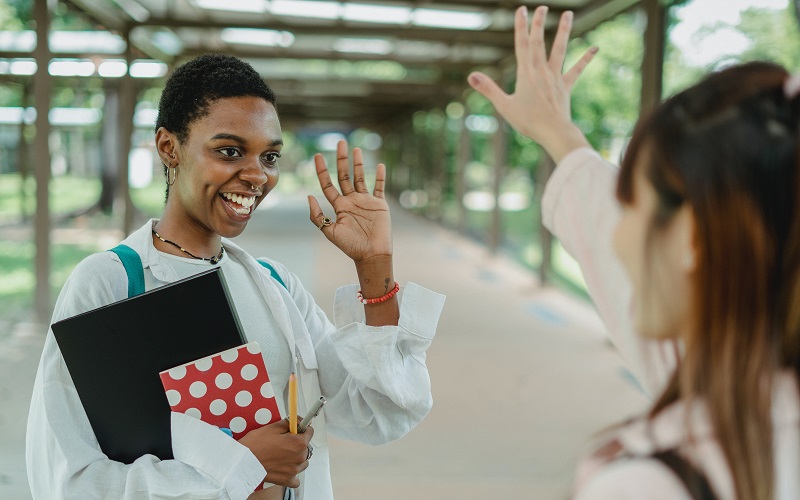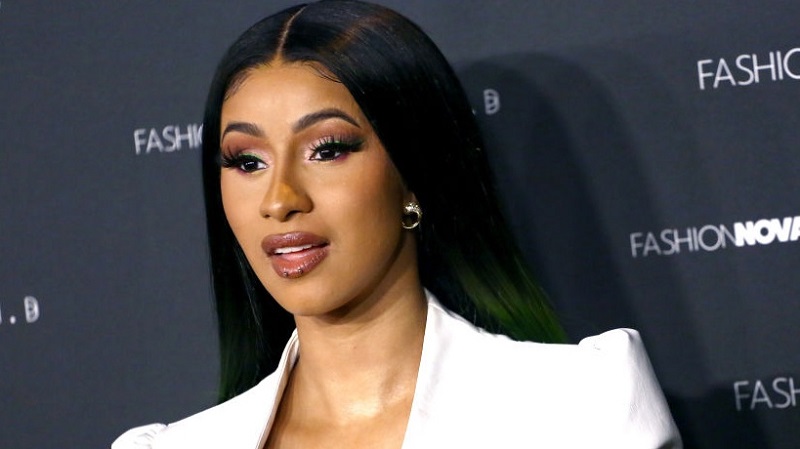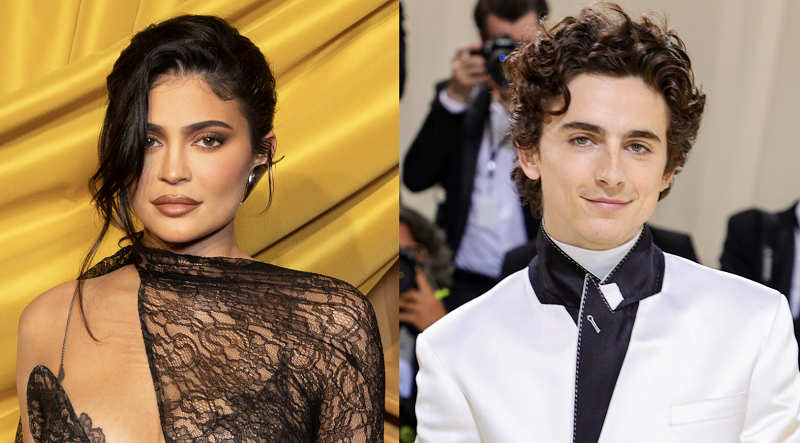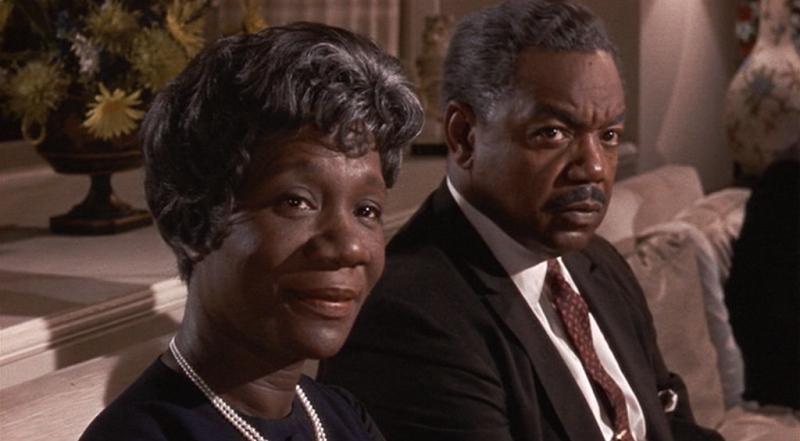Fashion Revolution’s mentoring and showcasing initiative, Fashion Open Studio, supports designers, textile artists, and small fashion brands in creating innovative solutions to social and environmental problems in the fashion industry. Last month, we hosted a Showcase With a Difference. This was an exhibition that featured ten designers who were focused on purpose and product. This showcase provided insight into how the clothes featured were made and helped us understand why these designers refuse to conform to the industry’s poor practices.
It was intended to change how we think about clothes and the purpose and processes behind them. A series of workshops and events brought the installation to life. They demonstrated how clothes can be made locally, foster community, encourage well-being, and promote positivity, and how equitable business models that value people and the environment were possible.
Revival London
“My goal is to promote more sustainable, conscious, and circular ways of creating and using fashion so that people can still enjoy clothes and accessories while not causing harm to the environment.” It was intended to change how we think about clothes and the purpose and processes behind them. A series of workshops and events brought the installation to life. They demonstrated how clothes can be made locally, foster community, encourage well-being, and promote positivity, and how equitable business models that value people and the environment were possible.
Ancilla
“I aim to use Ancilla as a creative platform that showcases fashion and other Latinx creatives in London. Encourage community and inclusion by encouraging collaboration across disciplines. This showcase provided insight into how the clothes featured were made and helped us understand why these designers refuse to conform to the industry’s poor practices. It was intended to change how we think about clothes and the purpose and processes behind them. A series of workshops and events brought the installation to life. They demonstrated how clothes can be made locally, foster community, encourage well-being, and promote positivity, and how equitable business models that value people and the environment were possible.
Read more: Wallpaper Printing Singapore: Ideas And Inspiration
LUEDER
“The brand’s focus on mental health is evident in its design language. It aims to support and nurture the need to address the high rate of mental disorders in their generation and to support the desire to belong and feel secure. Marie is a skilled tailor, and sustainability is deeply ingrained into her making heritage. Transparent processes and applications fund this trust. Lueder works ritualistically to connect with nature and work with energy healers, other holistic professionals, and others.
Joao Maraschino
“From the beginning, my vision was to invent through artisanship and preserve skills. Fashion is about more than creating the next thing. It is about creating new systems to ensure accurate, sustainable innovation. I believe fashion should be people-centred, sustainable, and inclusive. I want to integrate diversity by working with older people and foster new relationships between local communities and the global industry.
Rahman Rahman
Rahemur Rahman’s latest collection is a love story for children in the rag trade. It is inspired by the many generations of Bangladeshis living in East London and pays tribute to those who have gone before him. The British colloquial term “rag trade” refers to the clothing manufacturing companies run by immigrant workers that once dominated Brick Lane. The area has become a cartoon since the early 2000s. Often regarded as a centre of creativity, art, and fashion, its communities frequently forget it.
Soup Archive
“To consider the circularity of every product. We will continue to work on a product that isn’t being sold if it remains in our archives—making habits grow and making room for our tendencies. To give purpose to unused items, we collect them. We understand that people’s tastes change naturally. When an item is removed, we provide a new life to it. Designing as a trio but living separately departs from the traditional fashion brand concept. To be inspired and to inspire like-minded thinkers. To value collaborations.
Renata Brenda
“My focus is on artisanal methods, which require an appreciation for materials and their origins. This is the case with this garment’s vintage napkins and crochet. This also allows me to connect with other craft experts, which helps us build a stronger community. Upcycling is a natural part of my work, as waste constantly surrounds us. I am committed to giving them another chance at the material. This includes looking at second-hand/vintage clothing, deadstock, and innovation through new technologies in recycled materials.
The NHS of Dr Noki
“By the attendee pulling up the jumper, I want them to record themselves answering the questions. This will allow the skull jumper to talk on their behalf, and they can leave with a narrative to re-experience the Noki Sustainable Experience. We understand that people’s tastes change naturally. When an item is removed, we give new life to it. Designing as a trio but living separately departs from the traditional fashion brand concept. To be inspired and to inspire like-minded thinkers. To value collaborations.
Ifeanyi Okwuadi
“I hope this garment will show the importance of design thinking, material, and construction to help me find ways to design more critically than superficially.” I am committed to giving them another chance at the material. This includes looking at second-hand/vintage clothing, deadstock, and innovation through new technologies in recycled materials.
Martina Spetlova
“Each decision we make is a sign of our commitment to transparency in our practices, creating open and accessible information about every product and its journey. Showcase With A Difference took place at The Lab E20, a unique creative space in East London, and was supported by Get Living, Future City, and the Mayor of London. It was art directed by award-winning designer Matthew Needham, who specializes in combining materials, experience, and community to create educational and conscious works, inspiring a symbiotic approach towards living our lives in parallel with the planet.
Read more: Explore Luxury Dating Green Flags.




